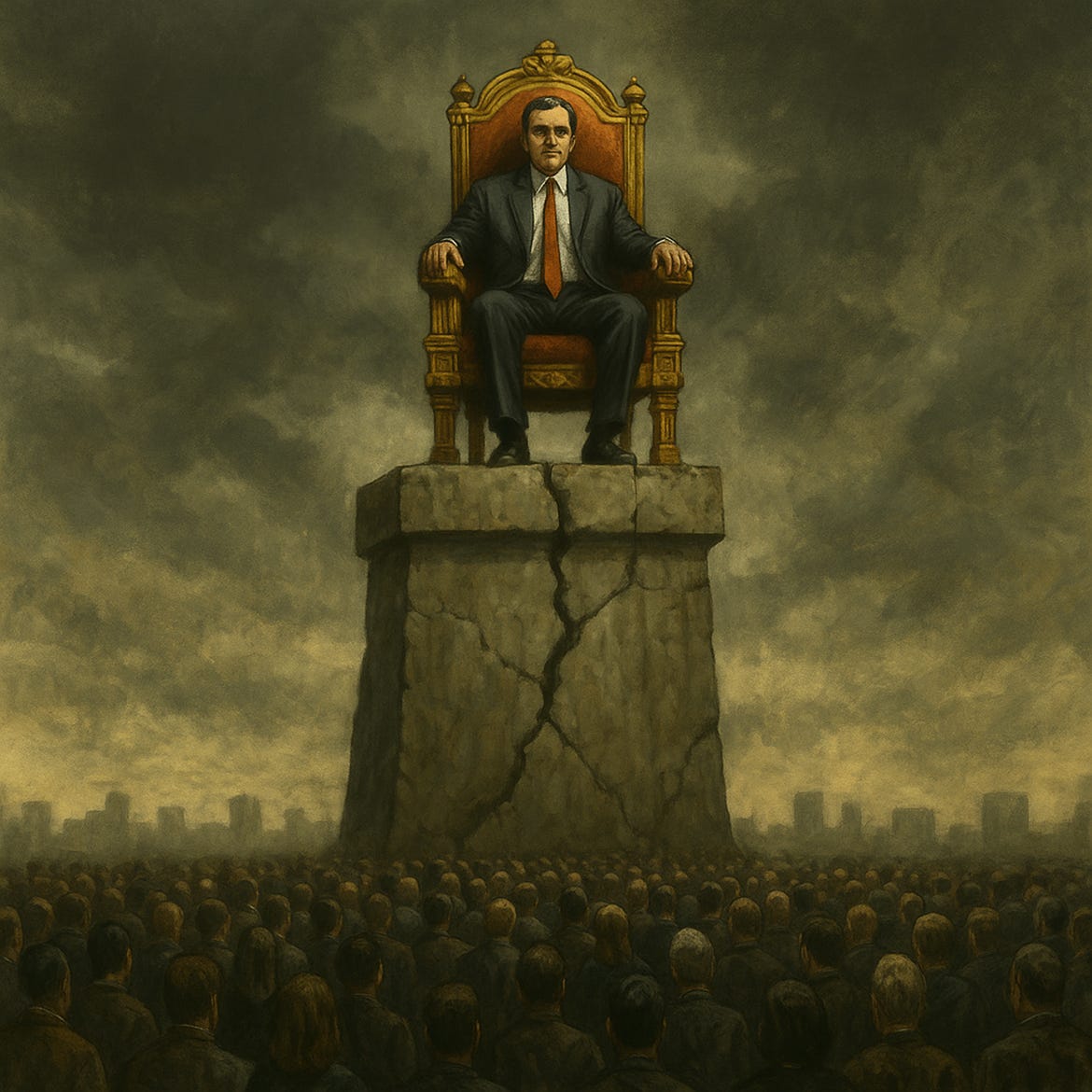Populism Isn’t the Threat—It’s the Response
You hear it on the news, see it in headlines, feel it in every social media scroll: populism is dangerous. It’s unstable, they say. It’s anti-democratic. It’s a threat to institutions. But what if everyone has it backwards?
Populism isn’t the disease. It’s the fever that tells you something is already wrong.
It’s not some fringe movement trying to wreck t…


